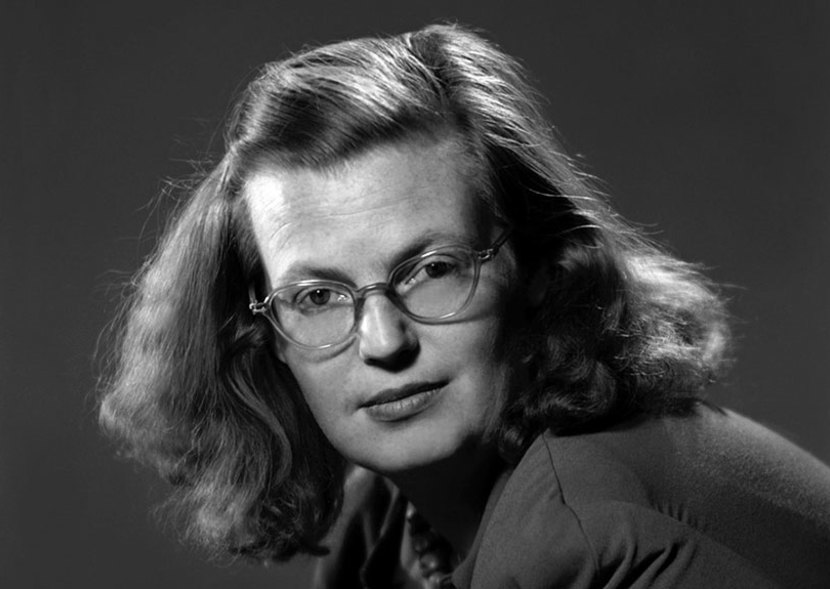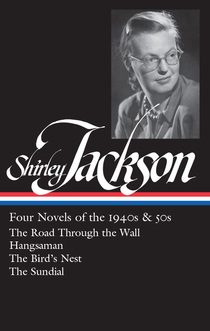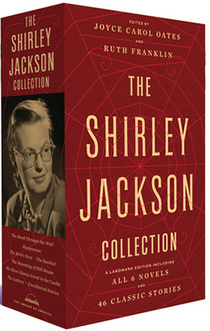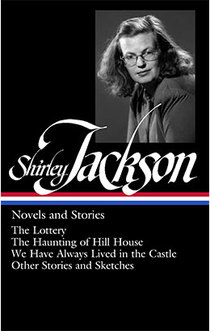
Major works:
“The Lottery” • “The Daemon Lover” • Life Among the Savages • The Haunting of Hill House • We Have Always Lived in the Castle
“Jackson is one of American fiction’s impossible presences, too material to be called a phantom in literature’s house, too in-print to be ‘rediscovered,’ yet hidden in plain sight. She’s both perpetually underrated and persistently mischaracterized as a writer of upscale horror, when in truth a slim minority of her works had any element of the supernatural. . . . Sterling in her craft, Jackson is prized by the writers who read her, yet it would be self-congratulatory to claim her as a writer’s writer. Rather, Shirley Jackson has thrived, at publication and since, as a reader’s writer.”—Jonathan Lethem
The Haunting of Hill House
Shirley JacksonNo live organism can continue for long to exist sanely under conditions of absolute reality; even larks and katydids are supposed, by some, to dream. Hill House, not sane, stood by itself against its hills, holding darkness within; it had stood so for eighty years and might stand for eighty more. Within, walls continued upright, bricks met neatly, floors were firm, and doors were sensibly shut; silence lay steadily against the wood and stone of Hill House, and whatever walked there, walked alone.
“Ten years ago, a reviewer sneered at the idea of Shirley Jackson having a place in the American literary canon. In the current literary landscape, such a reaction is no longer conceivable. Indeed, it would seem crazy to leave her out.”—Ruth Franklin
“The books that have profoundly scared me when I read them—made me want to sleep with the light on, made the neck hairs prickle and the goose bumps march, are few: Henry James’s The Turn of the Screw, Peter Straub’s Ghost Story, Stephen King’s It and Salem’s Lot and The Shining all scared me silly, and transformed the night into a most dangerous place. But Shirley Jackson’s The Haunting of Hill House beats them all: a maleficent house, real human protagonists, everything half-seen or happening in the dark. It scared me as a teenager and it haunts me still, as does Eleanor, the girl who comes to stay.”—Neil Gaiman


